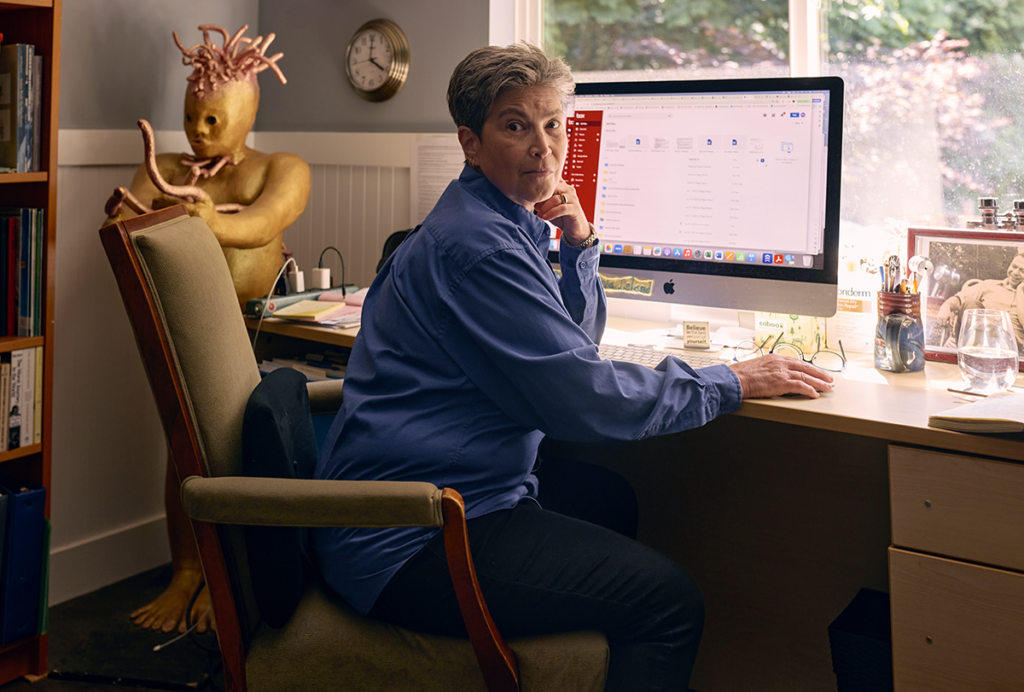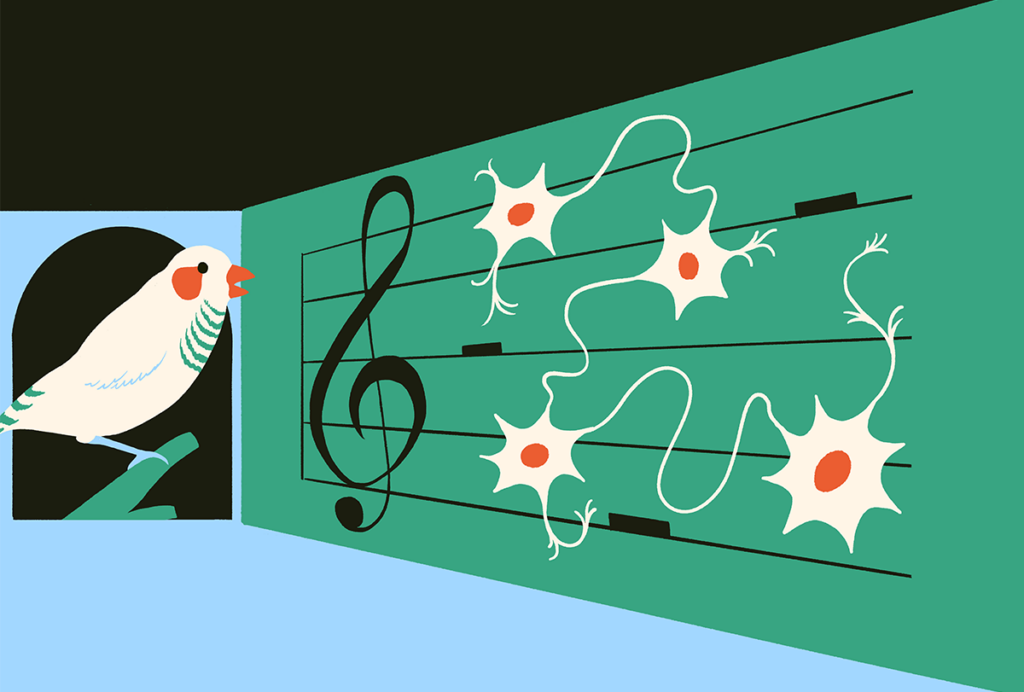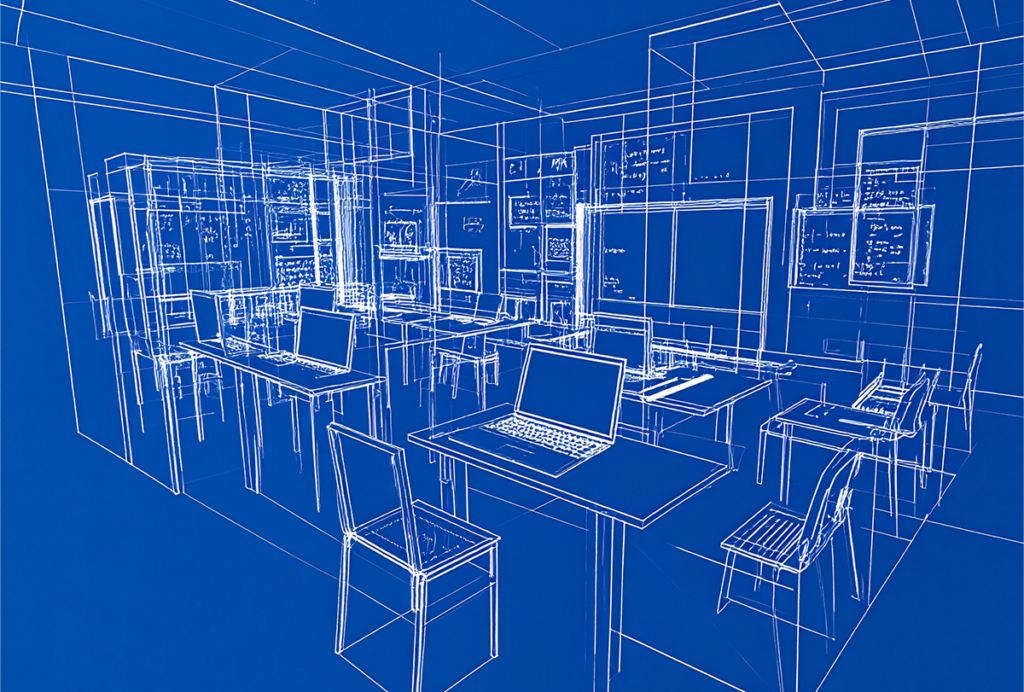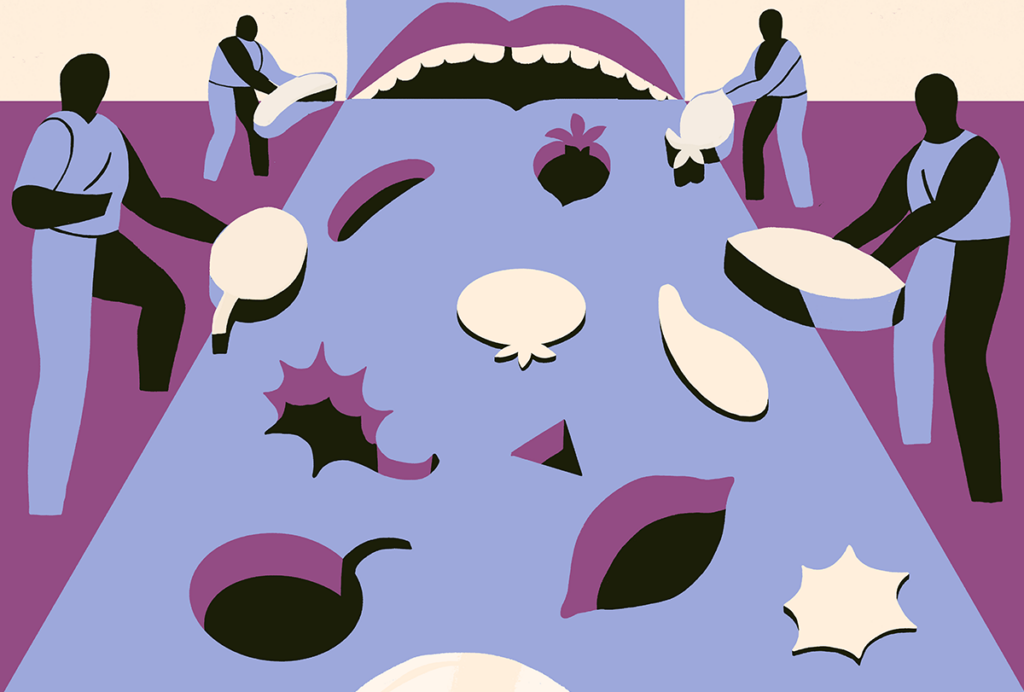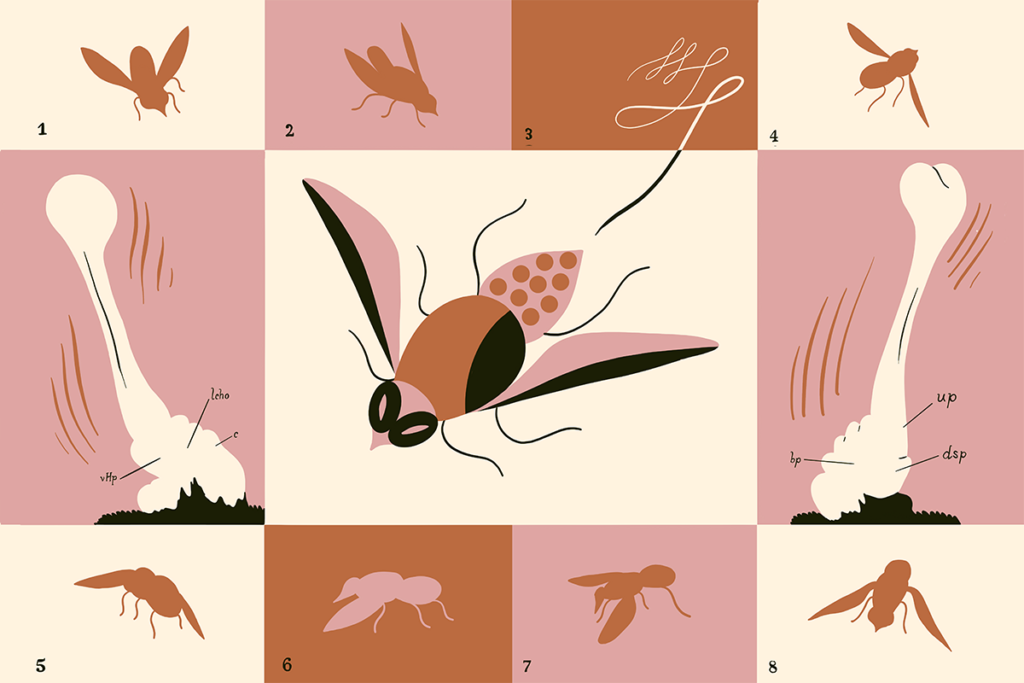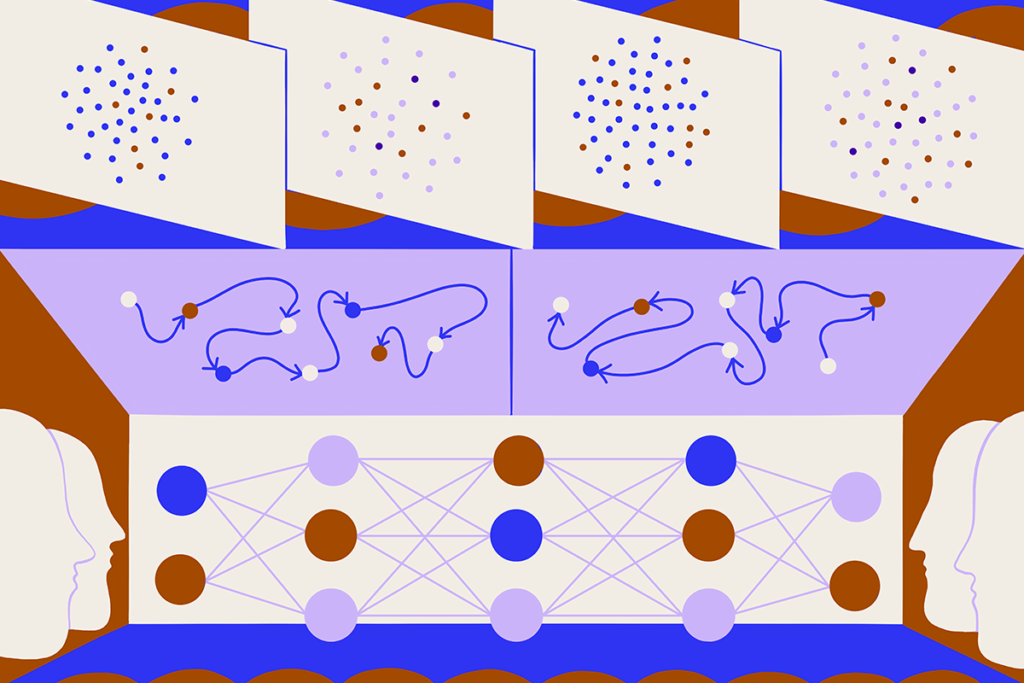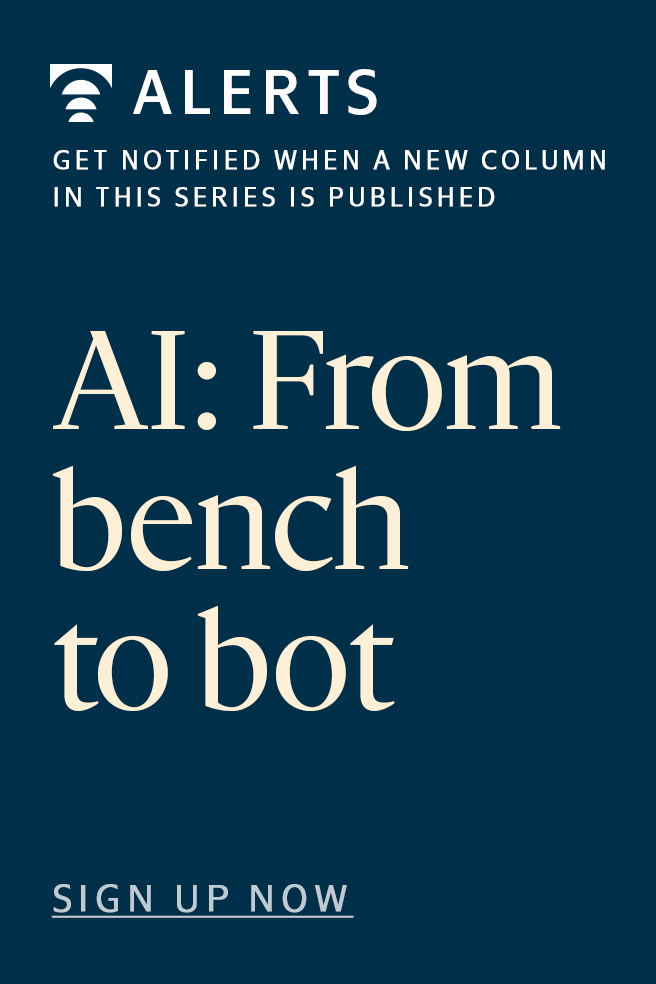The Transmitter: Neuroscience News and Perspectives
Featured

The spectrum goes multidimensional in search of autism subtypes
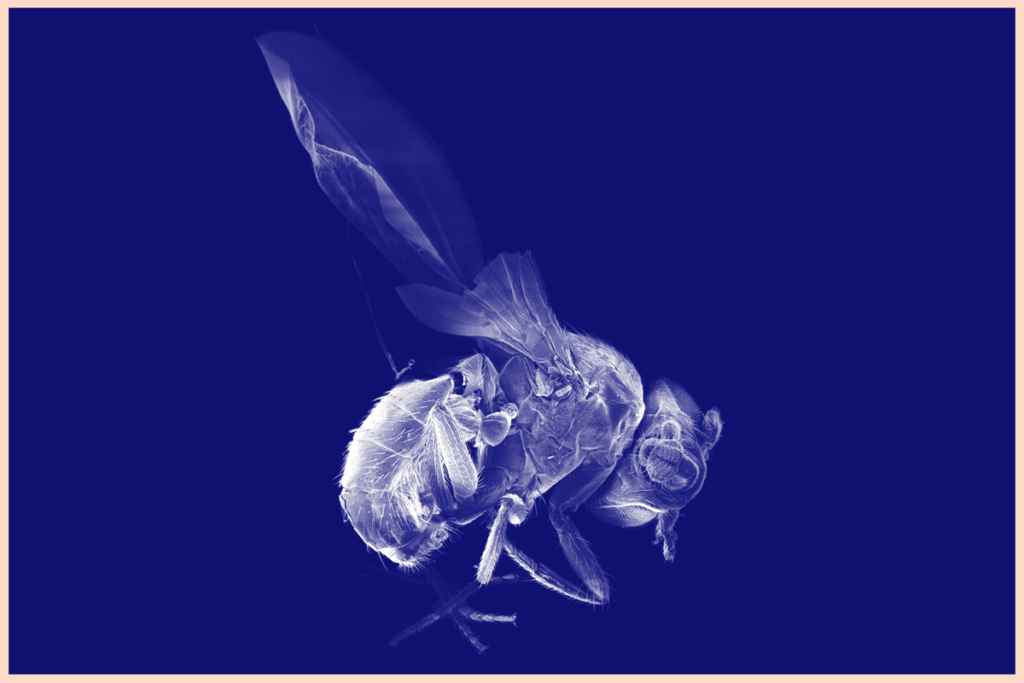
Exclusive: Harvard University lays off fly database team
Latest
Chris Rozell explains how brain stimulation and AI are helping to treat mental disorders
This paper changed my life: Abigail Person on birdsong, feed-forward circuits and convergent computations
Today’s action potentials
”We all know that categoric boundaries are porous and inaccurate. But we have to try to categorize people and understand the complexity, because that’s how we make progress. — MATTHEW SIEGEL, CHIEF OF CLINICAL ENTERPRISE, PSYCHIATRY AND BEHAVIORAL SCIENCES DEPARTMENT AT BOSTON CHILDREN’S HOSPITAL
Upcoming Webinars
The Systems Vision Science Summer School & Symposium, A…
The Systems Vision Science Summer School & Symposium, A…
The Systems Vision Science Summer School & Symposium, A…
The Systems Vision Science Summer School & Symposium, A…
The Systems Vision Science Summer School & Symposium, A…
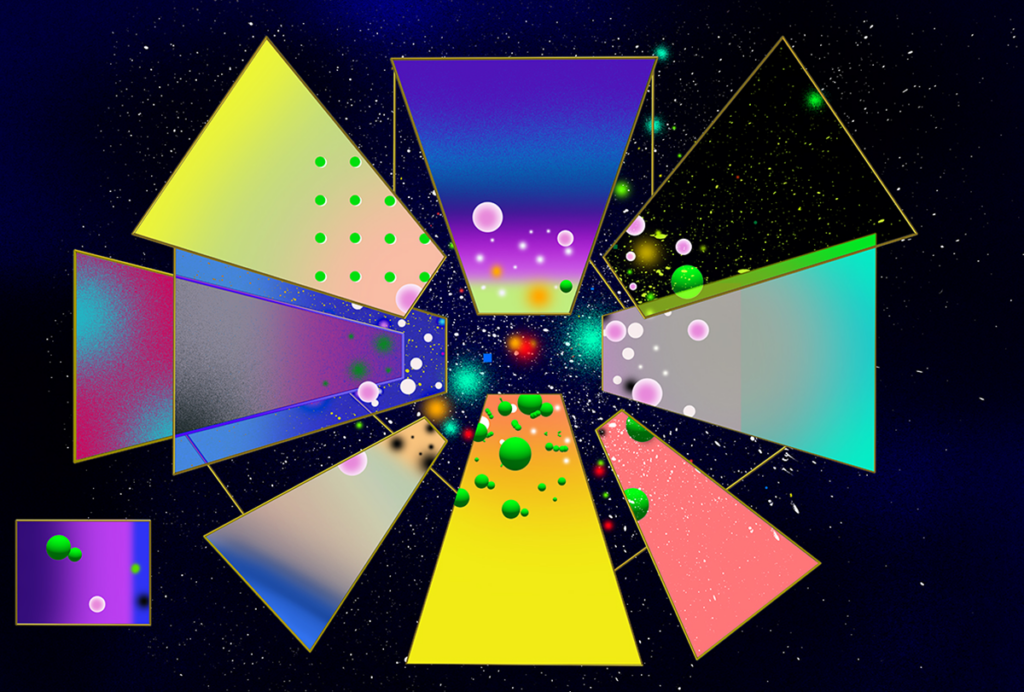
The challenge of defining a neural population
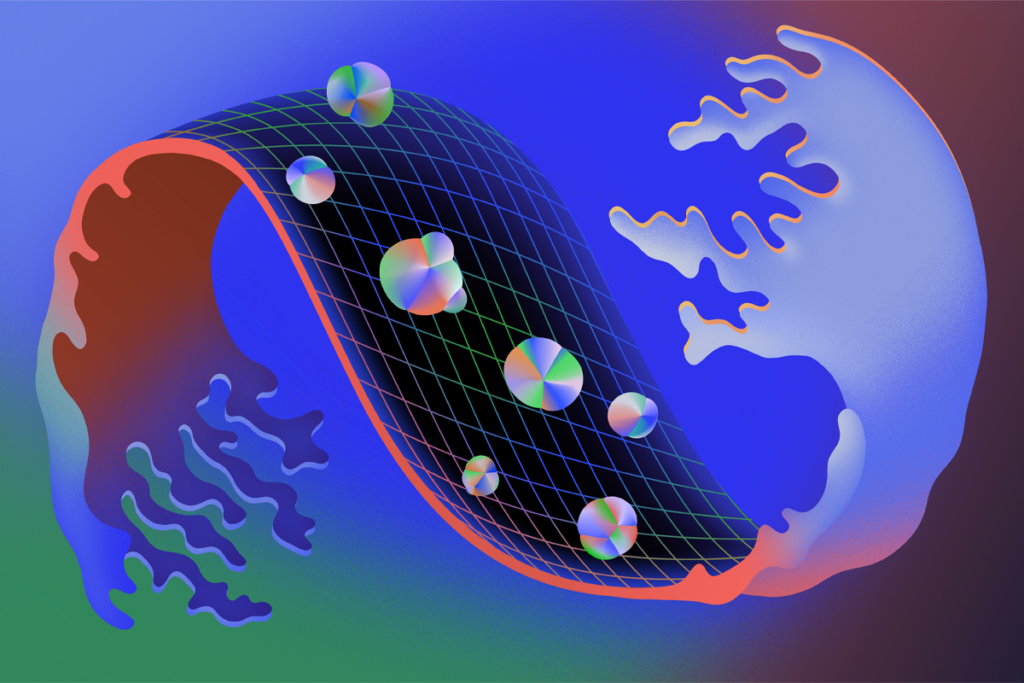
Neural population-based approaches have opened new windows into neural computations and behavior
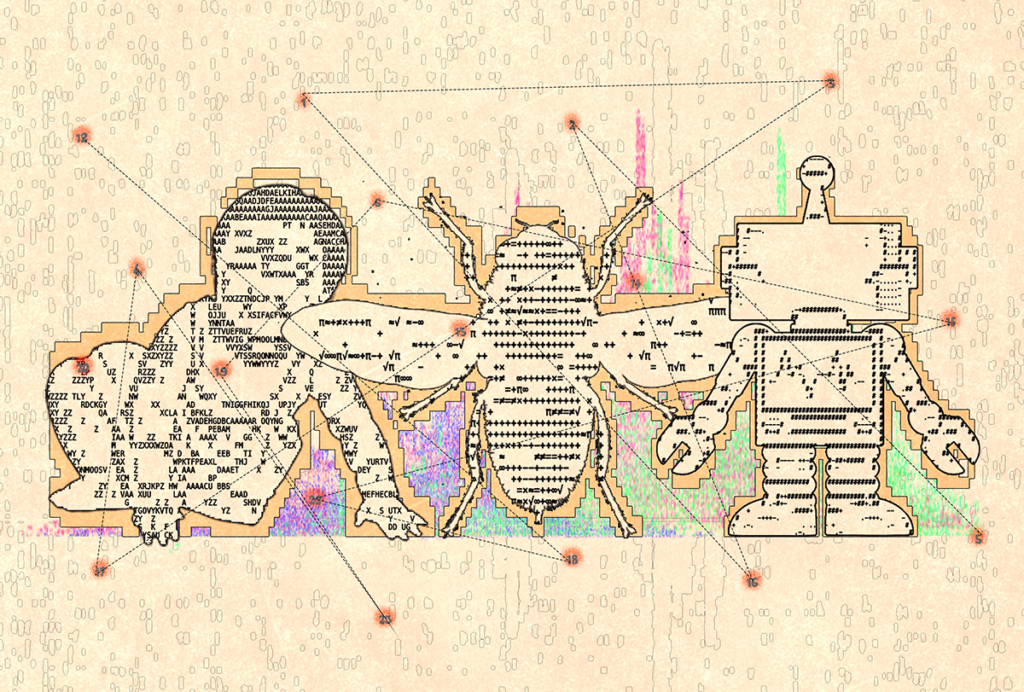
Babies, bees and bots: On the hunt for markers of consciousness

The spectrum goes multidimensional in search of autism subtypes

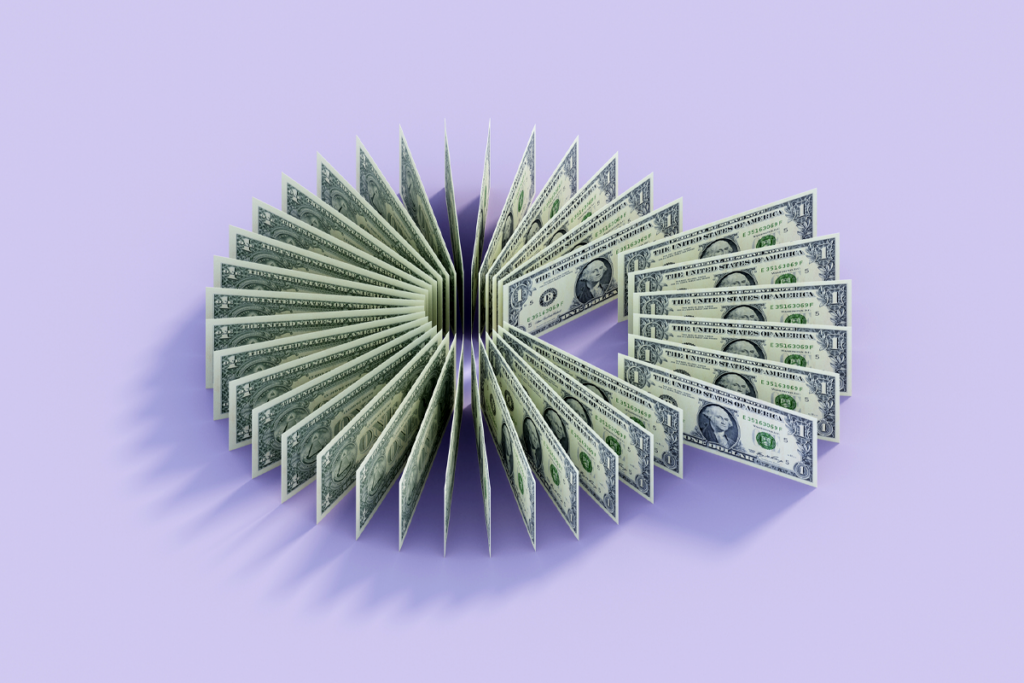
Quantifying funding sources across neuroscience labs
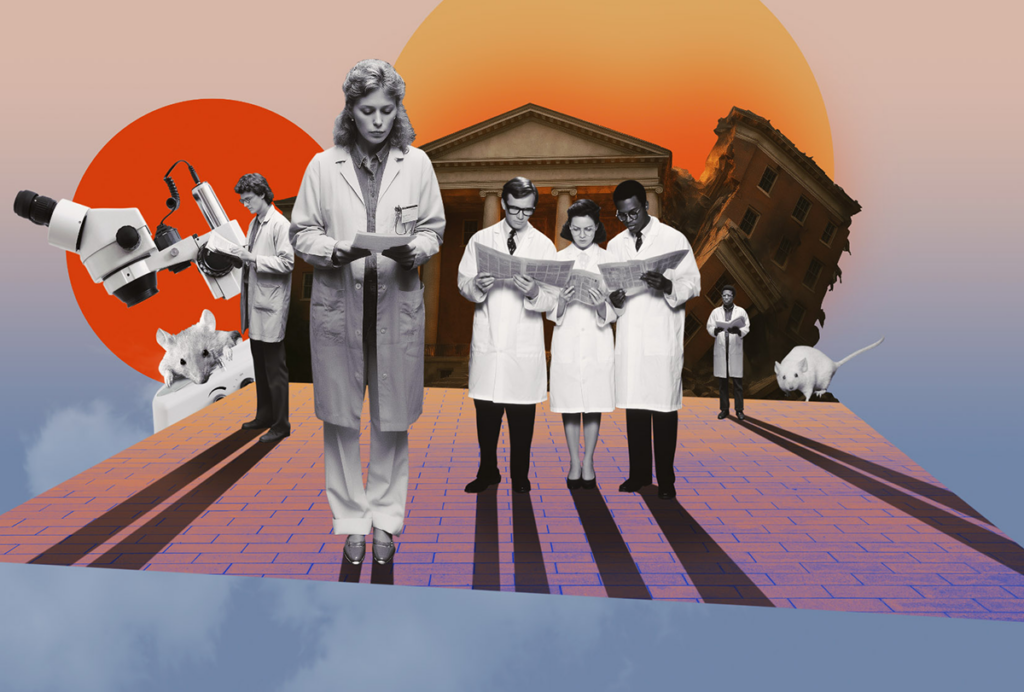
Fear and loathing on study section: Reviewing grant proposals while the system is burning
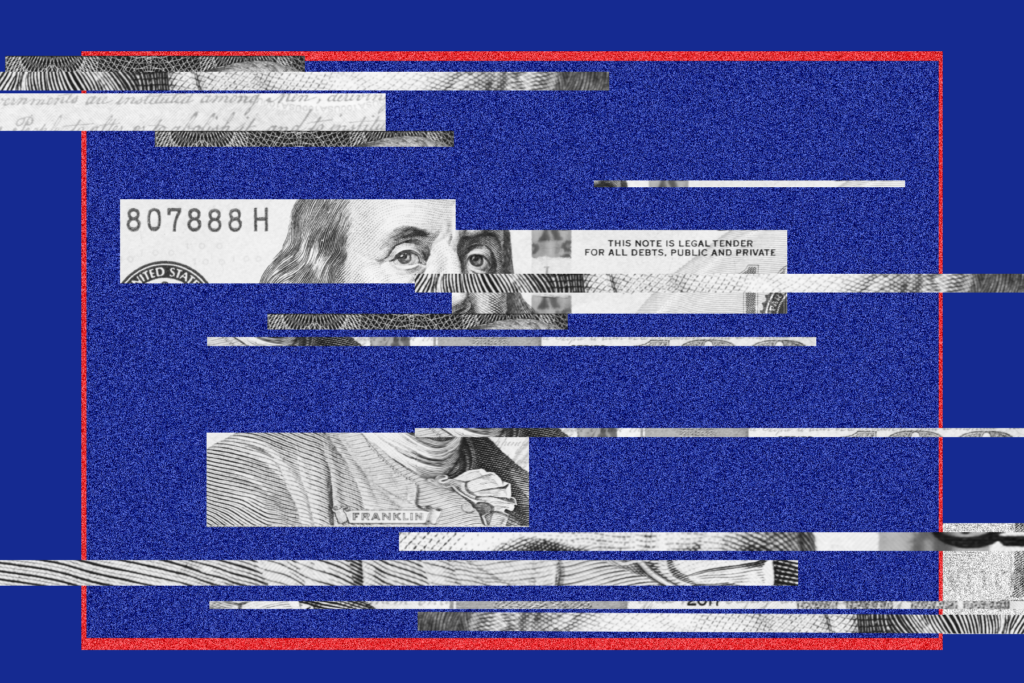
NIH cuts quash $323 million for neuroscience research and training
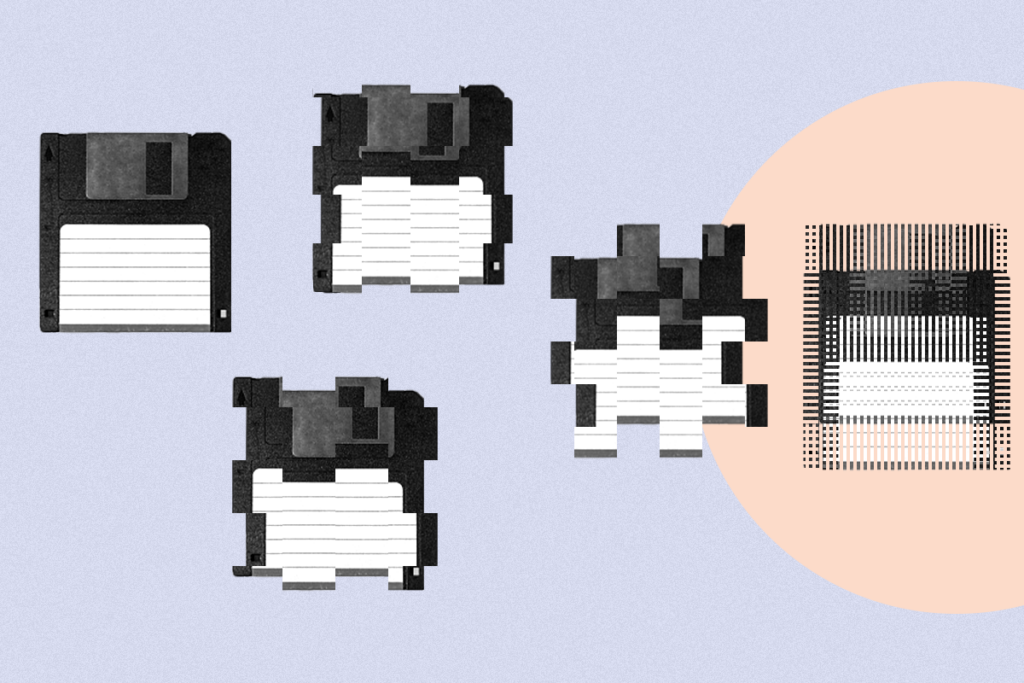
NIH autism database announcement raises concerns among researchers

What U.S. science stands to lose without international graduate students and postdoctoral researchers
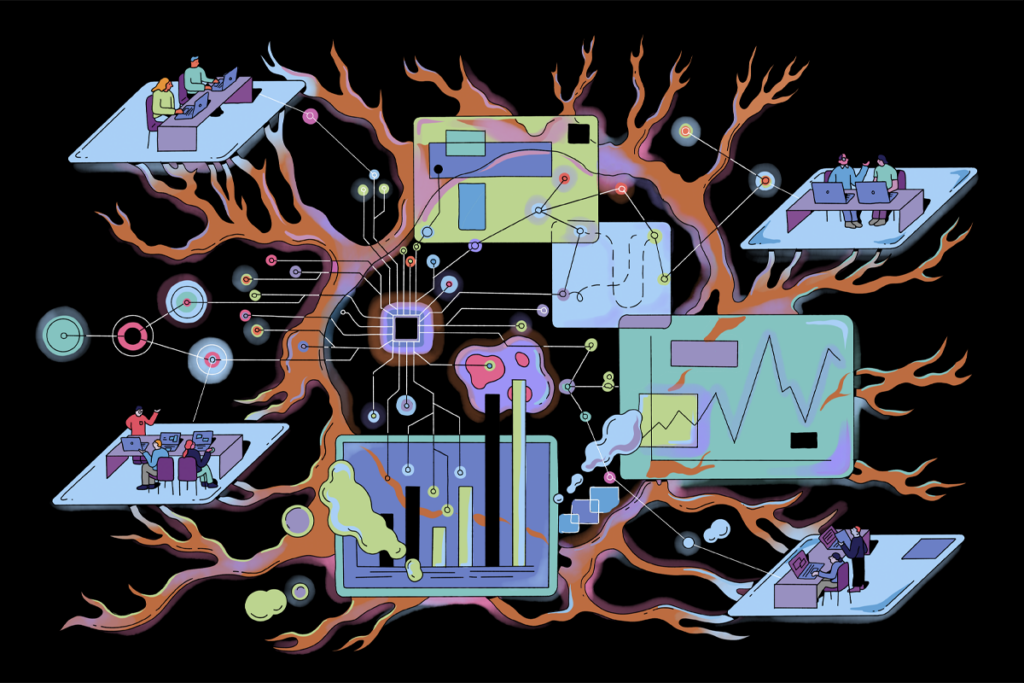
How to build a truly global computational neuroscience community
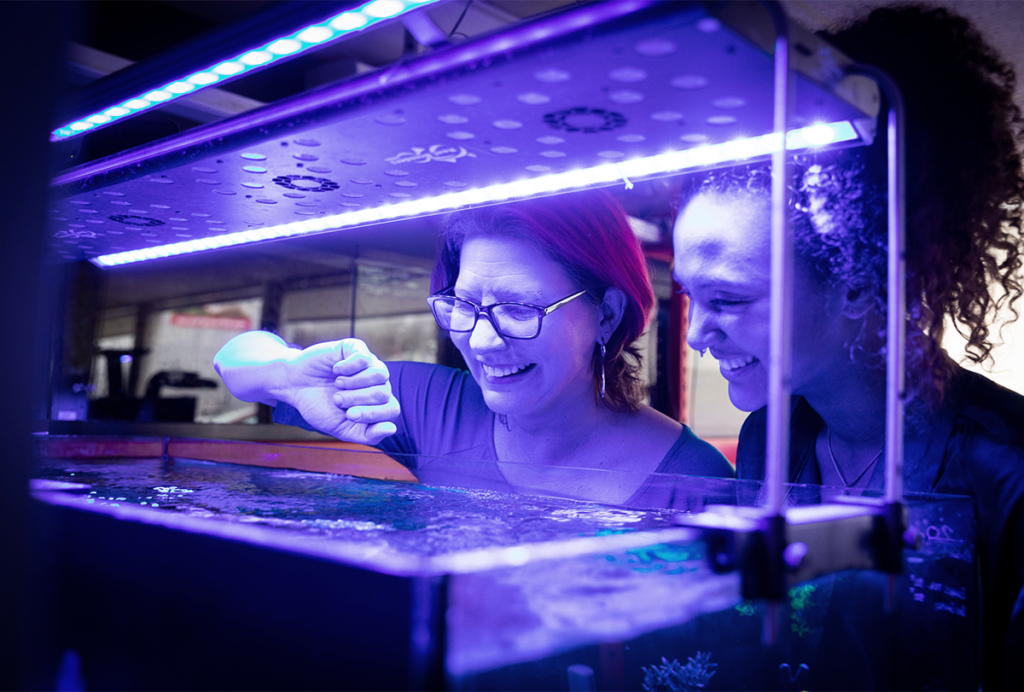
Cephalopods, vision’s next frontier
For decades, scientists have been teased by the strange but inaccessible cephalopod visual system. Now, thanks to a technological breakthrough from a lab in Oregon, data are finally coming straight from the octopus brain.
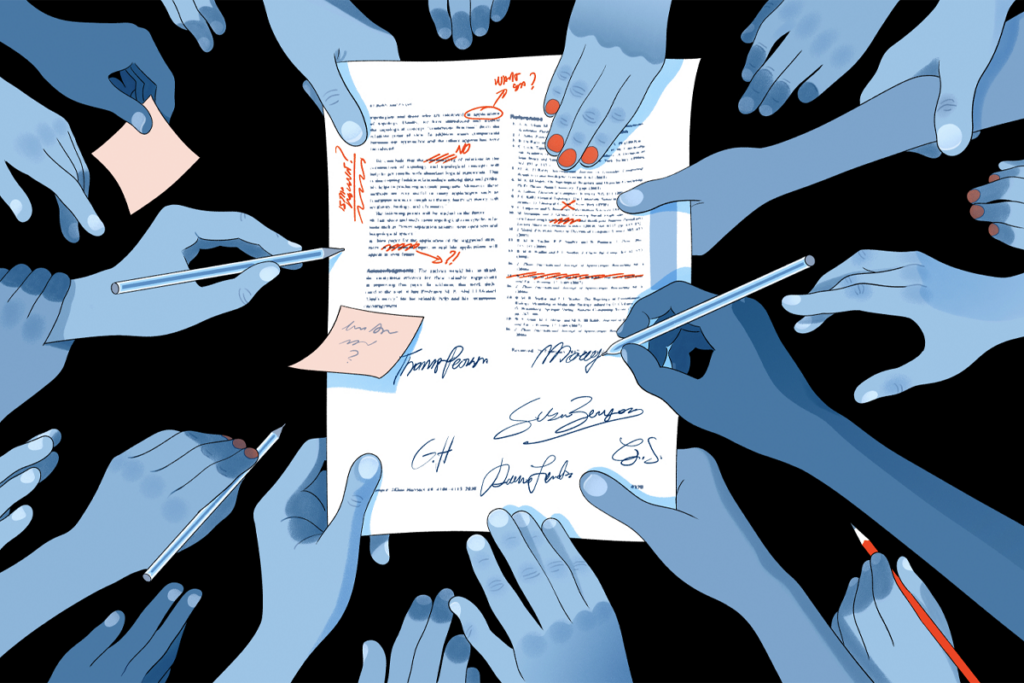
The last two-author neuroscience paper?
Author lists on papers have ballooned, and it’s getting hard to discern contribution.
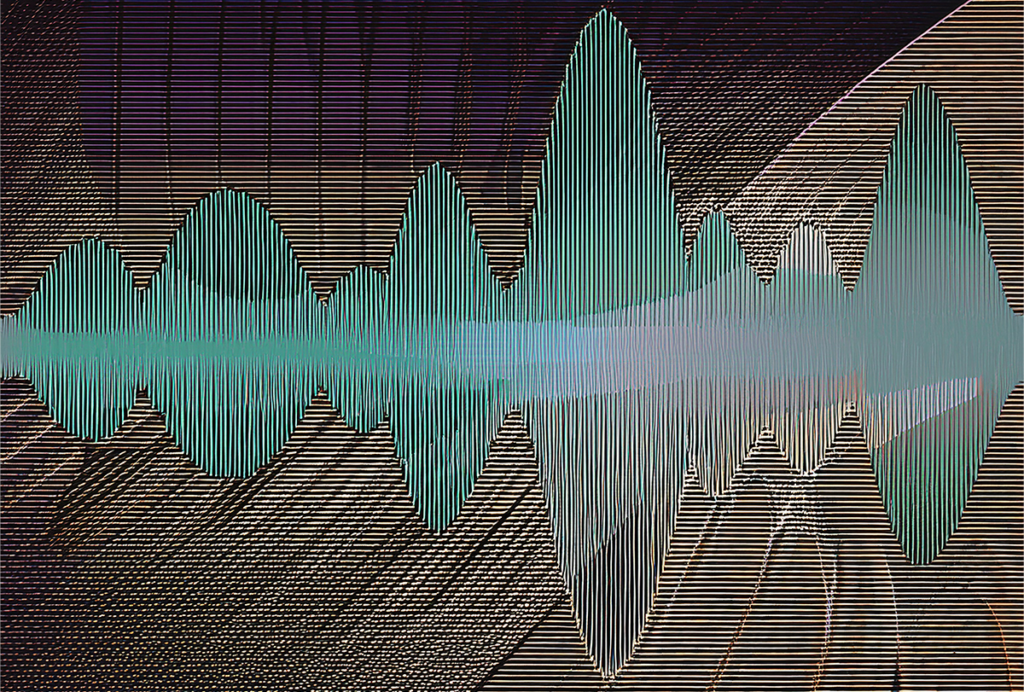
Keeping it personal: How to preserve your voice when using AI

From bench to bot: How important is prompt engineering?
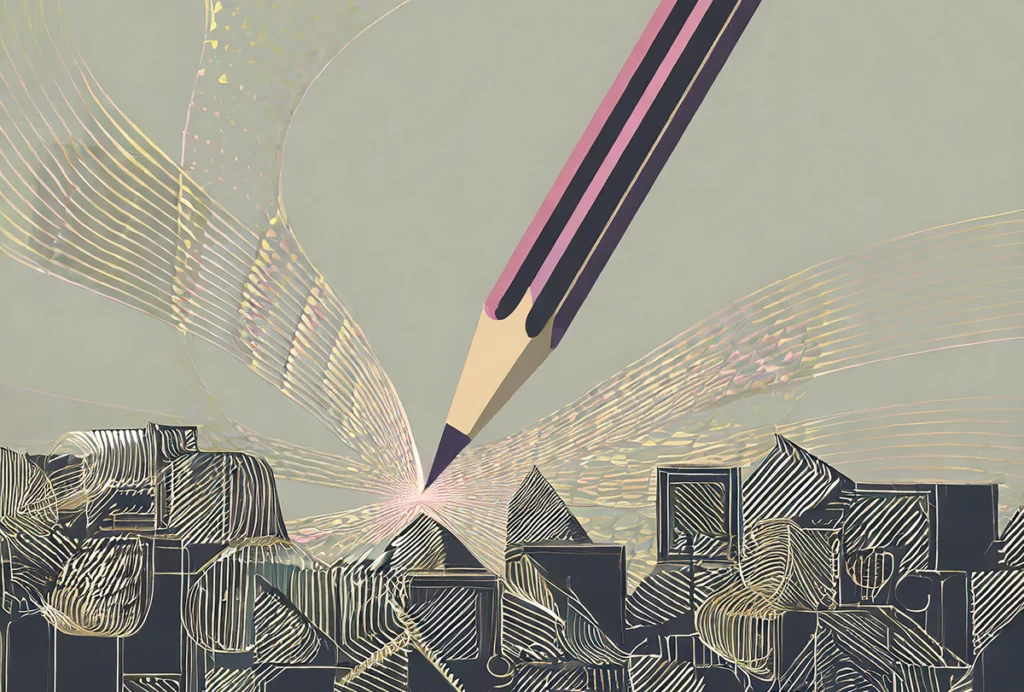
From bench to bot: Does AI really make you a more efficient writer?
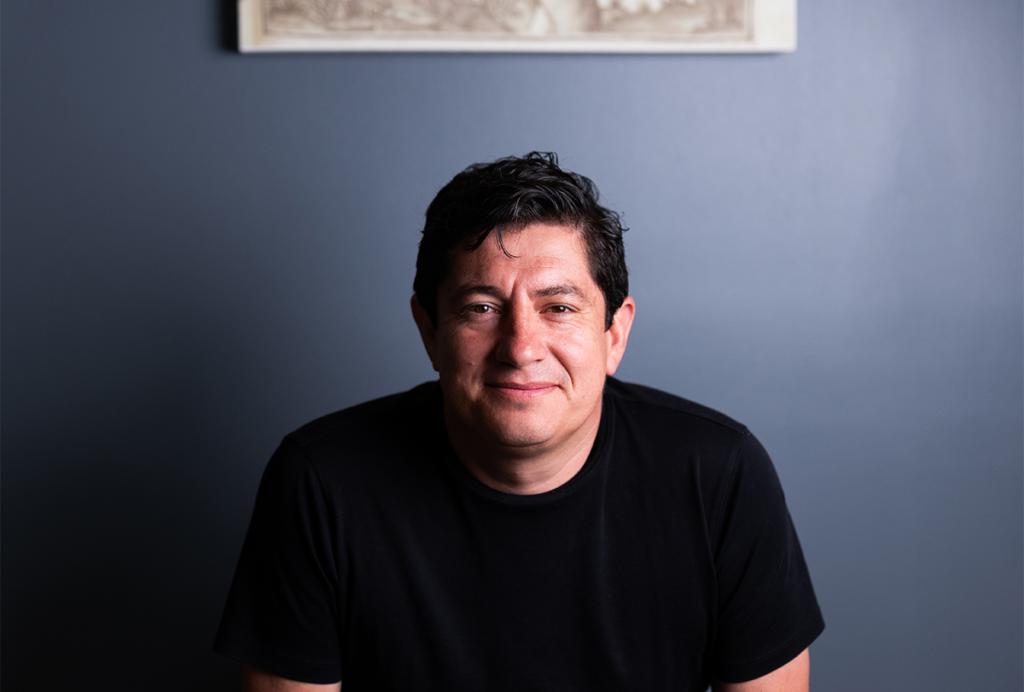
The big idea with Diego Bohórquez
His theories around the neuropod have challenged the boundaries of classic ideas regarding gut-brain communication.
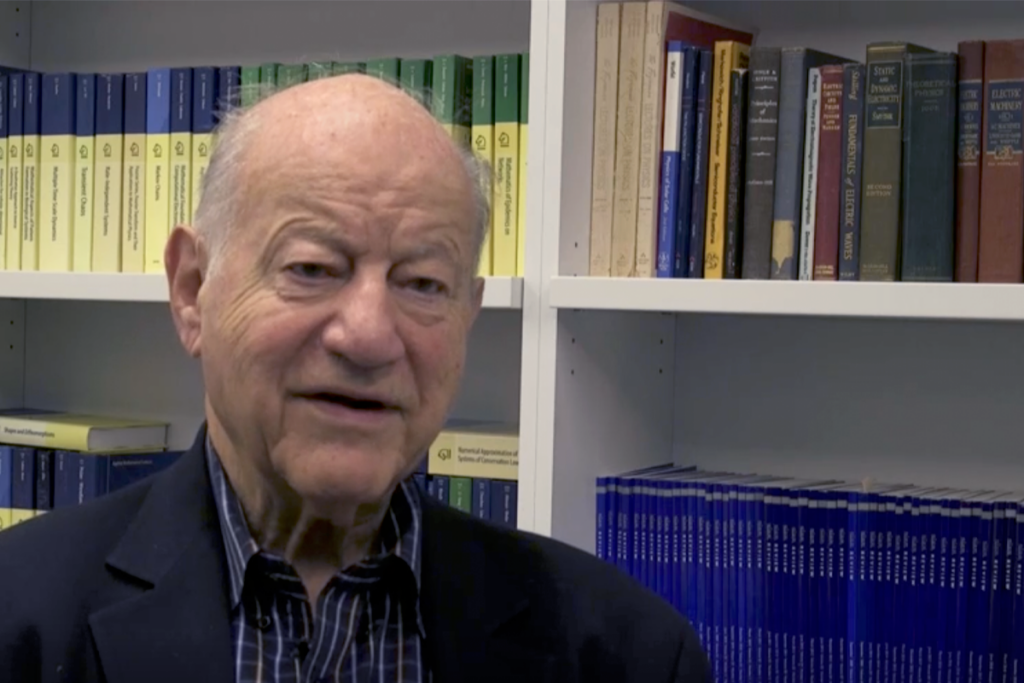
Neuroscientist Gerry Fischbach, in his own words

Amina Abubakar translates autism research and care for Kenya
Body state, sensory signals commingle in mouse whisker cortex
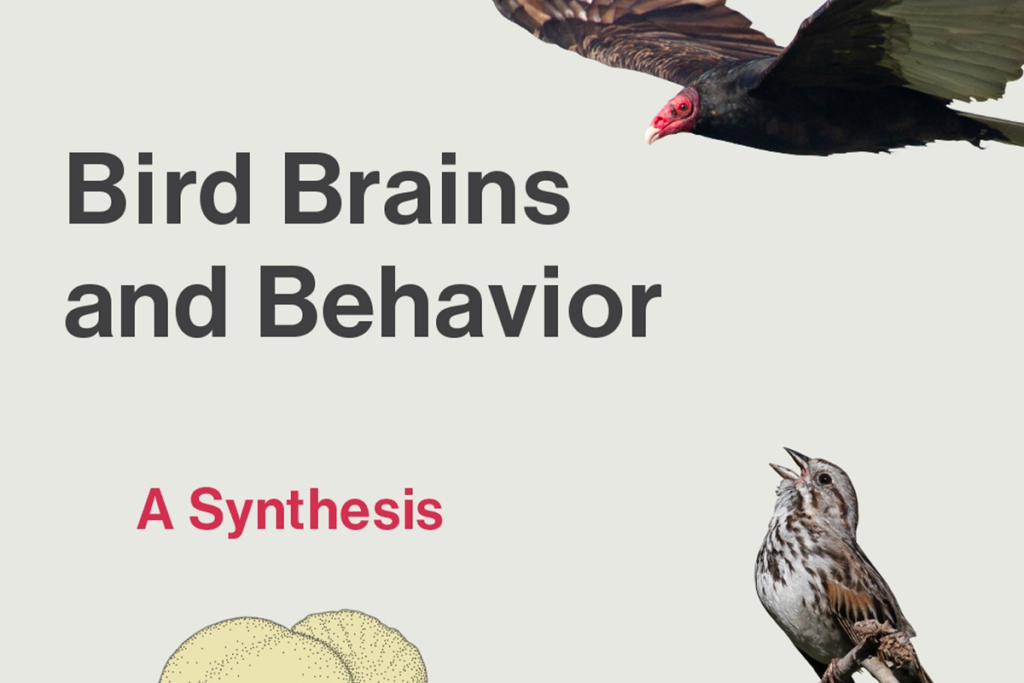
‘Bird Brains and Behavior,’ an excerpt
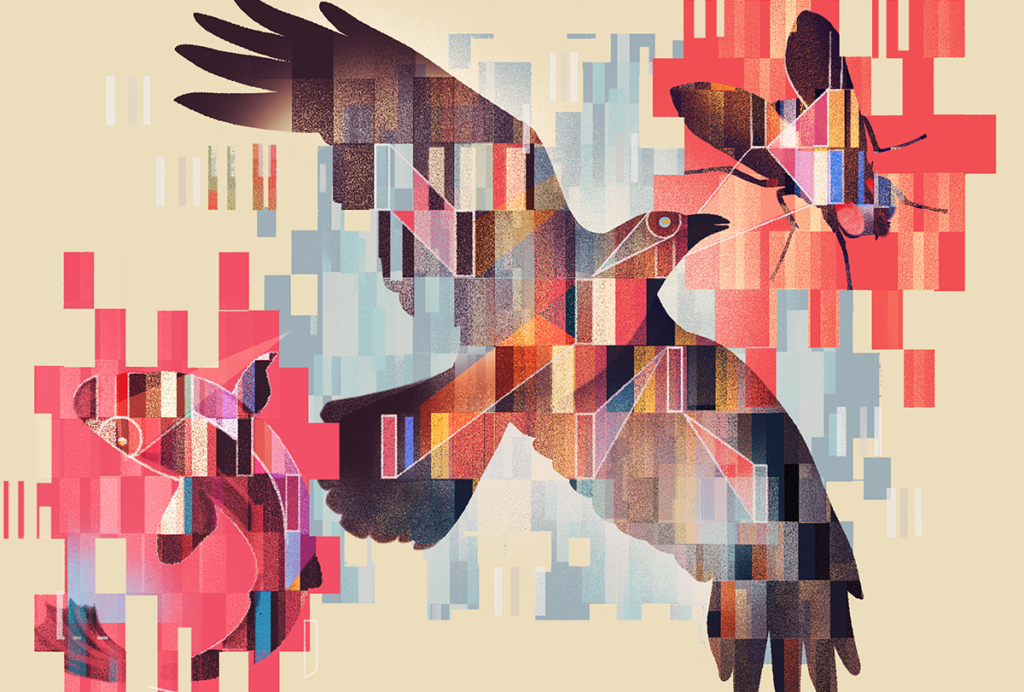
Systems and circuit neuroscience need an evolutionary perspective
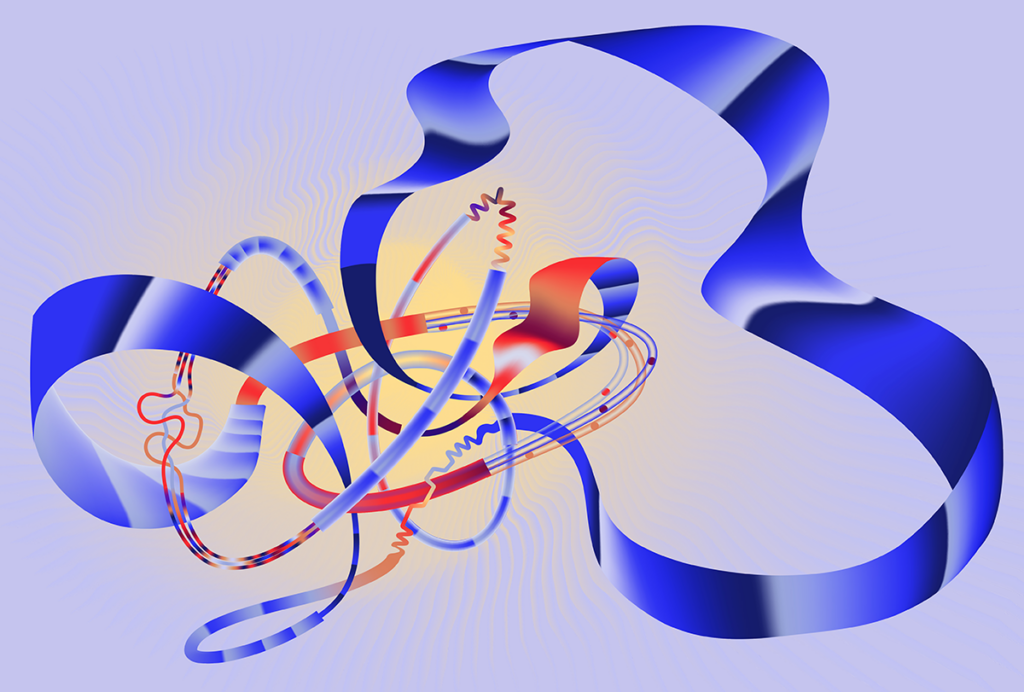
Everything, everywhere, all at once: Inside the chaos of Alzheimer’s disease
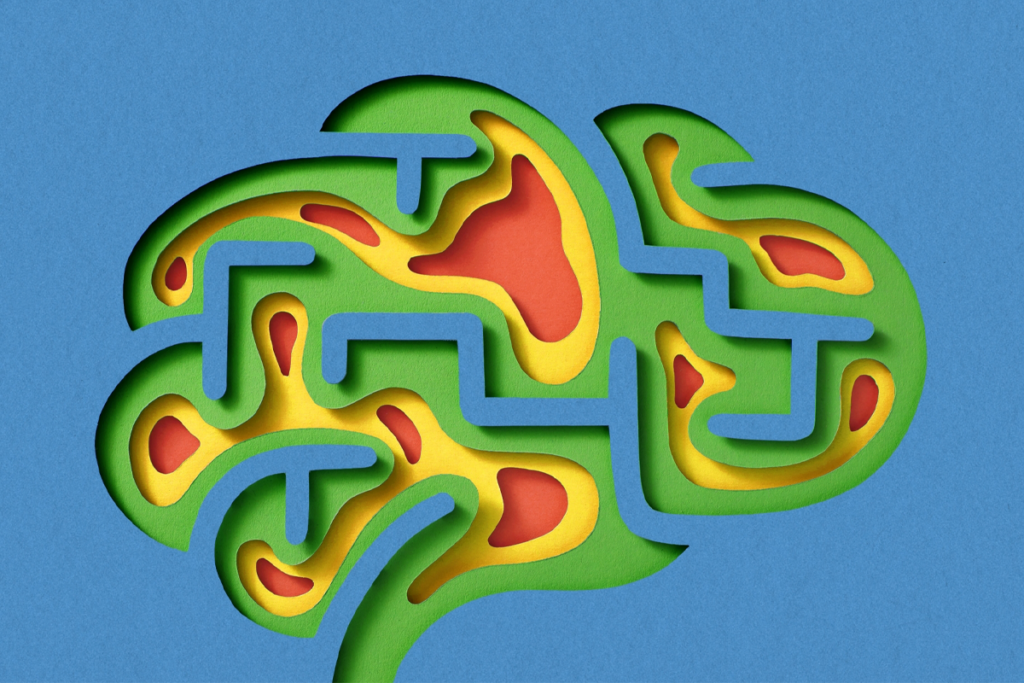
‘Elusive Cures: Why Neuroscience Hasn’t Solved Brain Disorders—and How We Can Change That,’ an excerpt

‘Natural Neuroscience: Toward a Systems Neuroscience of Natural Behaviors,’ an excerpt
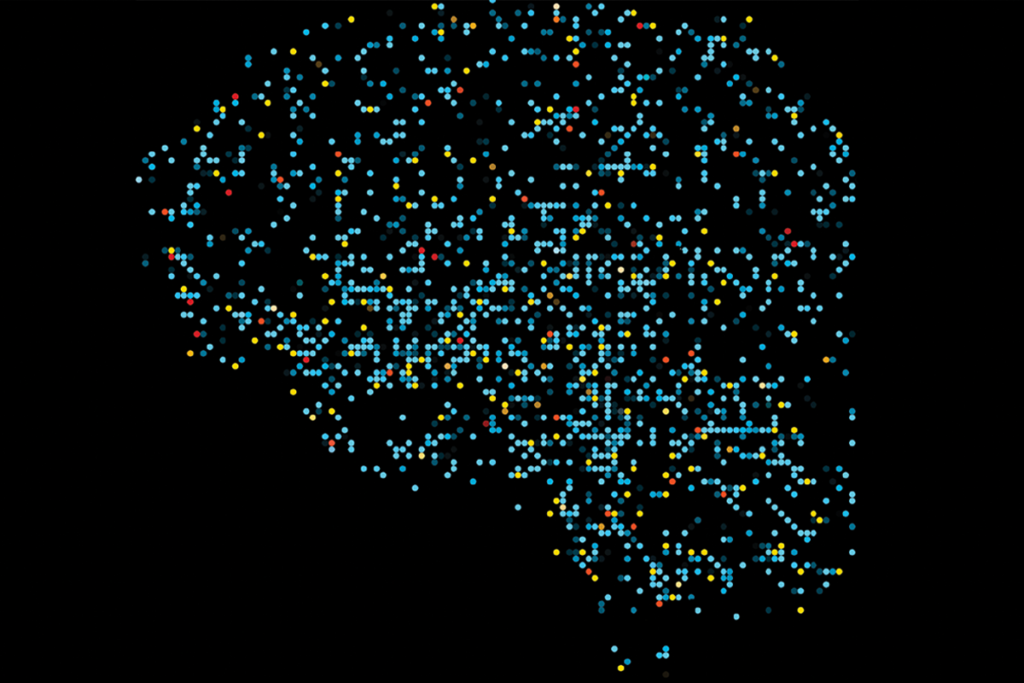
‘Bioethics and Brains: A Disciplined and Principled Neuroethics,’ an excerpt
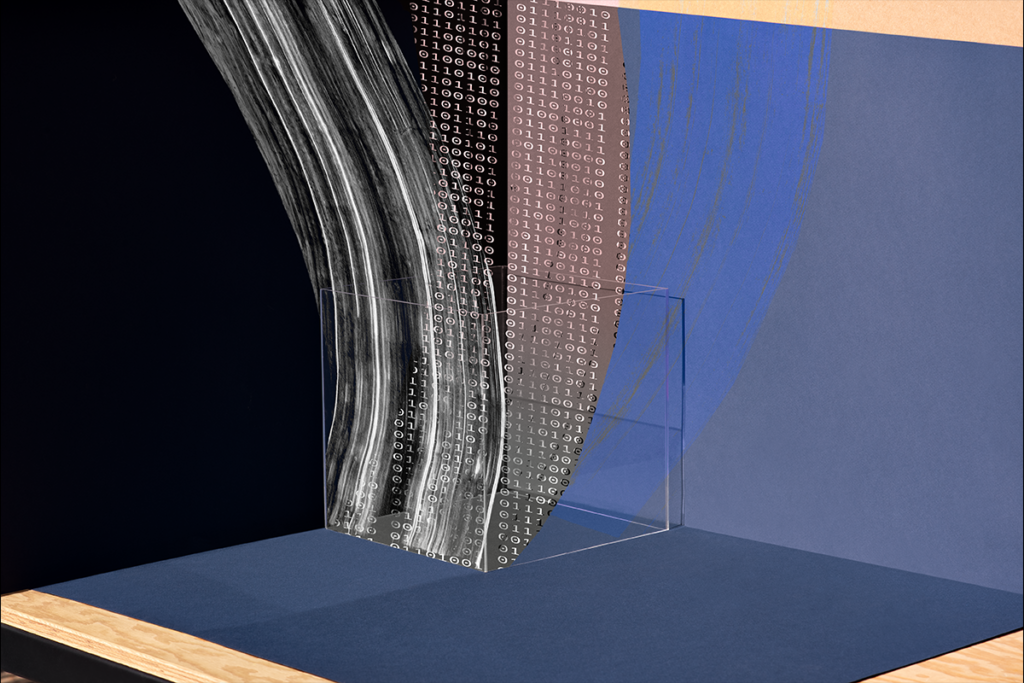
Accepting “the bitter lesson” and embracing the brain’s complexity
To gain insight into complex neural data, we must move toward a data-driven regime, training large models on vast amounts of information. We asked nine experts on computational neuroscience and neural data analysis to weigh in.
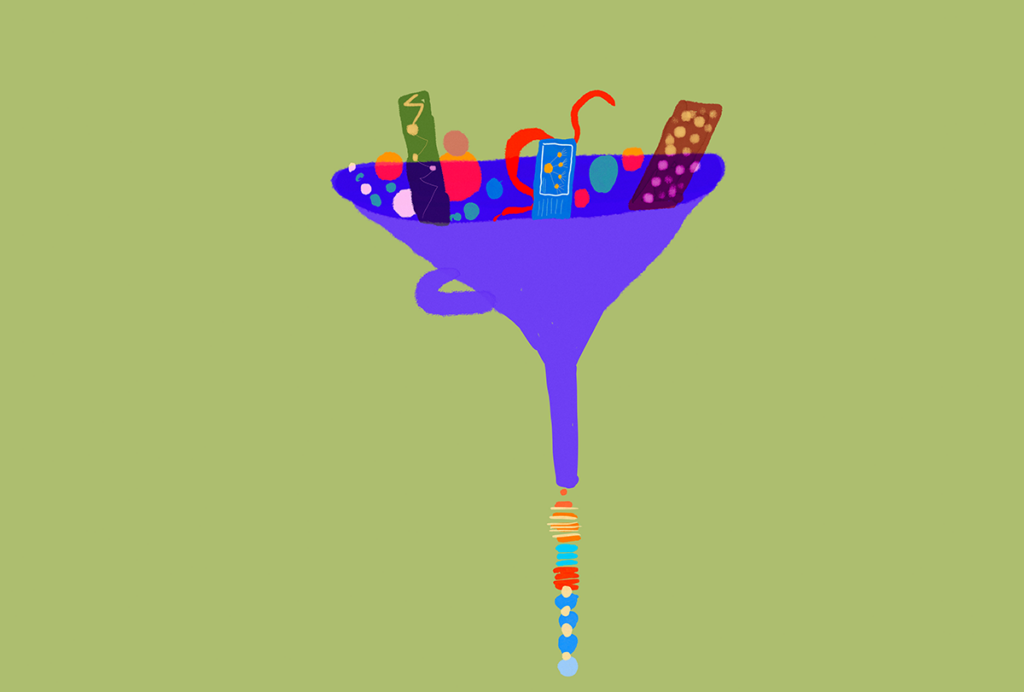
To keep or not to keep: Neurophysiology’s data dilemma
An exponential growth in data size presents neuroscientists with a significant challenge: Should we be keeping all raw data or focusing on processed datasets? I asked experimentalists and theorists for their thoughts.
